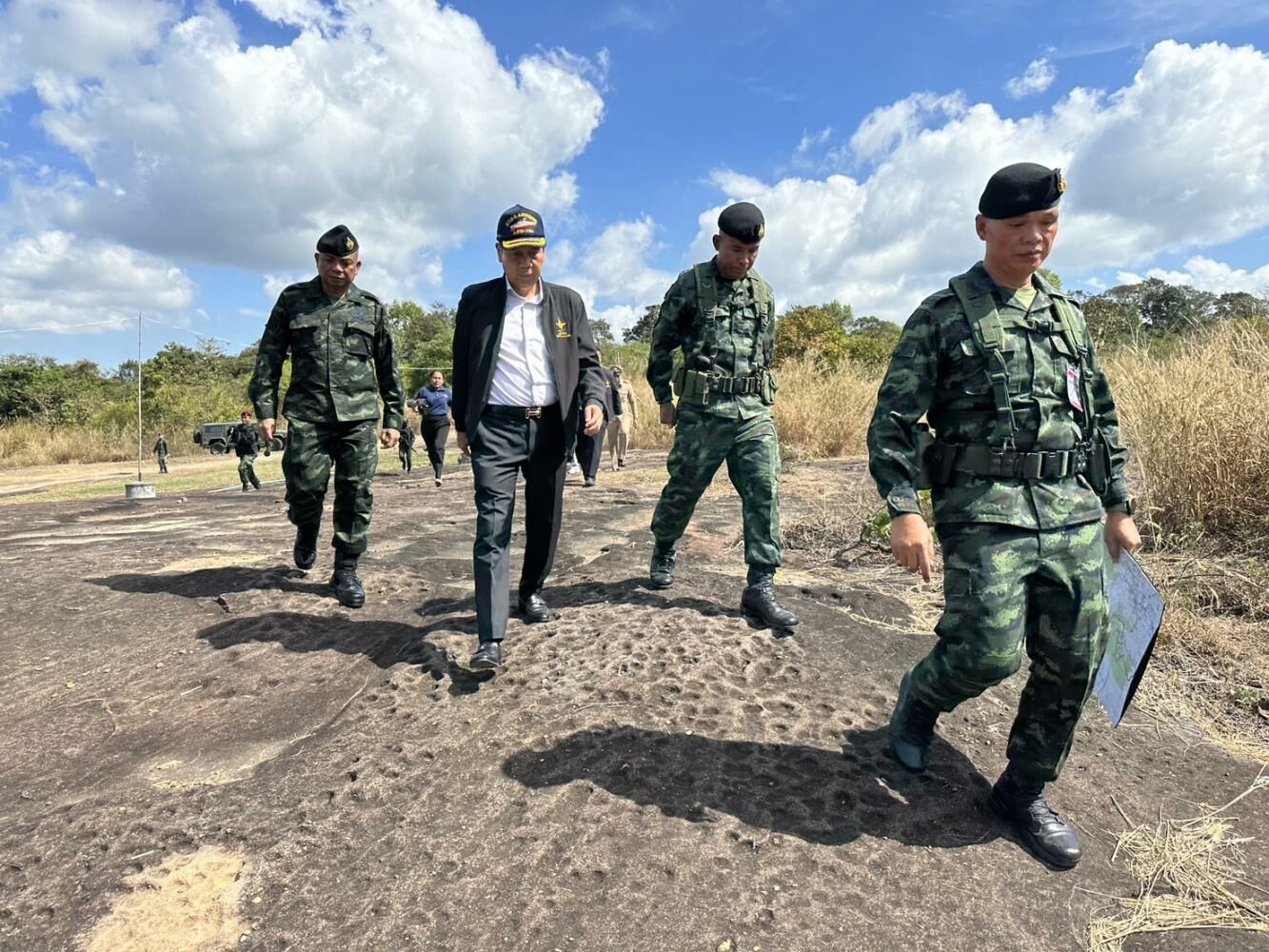Pheu Thai MPs urge talks on reopening Preah Vihear temple to tourists

Seven MPs from Pheu Thai party in Si Sa Ket, a northeastern province of Thailand, have urged Prime Minister Srettha Thavisin to initiate dialogue with the neighbouring Cambodian government. The discussion will focus on enabling travel to the Preah Vihear Temple, situated on the Thailand-Cambodia border. The request was made to Defence Minister Sutin Klungsang during his visit to Pha Mor E Daeng in Kantharalak district, where the contentious temple, closed on the Thai side since 2008, is located.
Currently, Preah Vihear (known as Phra Vihan in Thai) Temple is off-limits to visitors due to border disputes and the ongoing COVID-19 pandemic. Nevertheless, Cambodia has previously permitted Thais to make day trips to the site without a visa. Sutin voiced support for increased tourism in the area to stimulate local activity aligning with government policies. He hinted that the cordial ties between former Thai Prime Minister Thaksin Shinawatra and ex-Cambodian Premier Hun Sen could assist in fostering negotiations.
Major General Nut Sri-In, commander of the Suranaree Task Force, assured that the proposed border opening would not impede national security, pending a decision from the Cambodian government. On November 24, the Si Sa Ket provincial administration held a meeting with the Office of the National Security Council to discuss the temporary opening of a section of the border. The meeting’s outcome will be presented to the Thai government at a later date, reported Bangkok Post.
The disagreement over the Preah Vihear temple, which dates back to the late 19th century, intensified when Cambodia registered this 10th-century temple as a World Heritage site with the United Nations Educational, Scientific, and Cultural Organisation (Unesco) in 2008. The Thai government did not support this registration, leading to renewed tensions, including disagreements at a Unesco meeting in Quebec, Canada, and ensuing border clashes.
In 2011, Cambodia sought a binding interpretation of the 1962 judgement by the International Court of Justice (ICJ), which granted Cambodia sole ownership of the temple based on a 1907 French-made map. Subsequently, in 2013, the ICJ awarded the entire promontory to Cambodia and ordered the withdrawal of Thai soldiers.
Latest Thailand News
Follow The Thaiger on Google News:
























